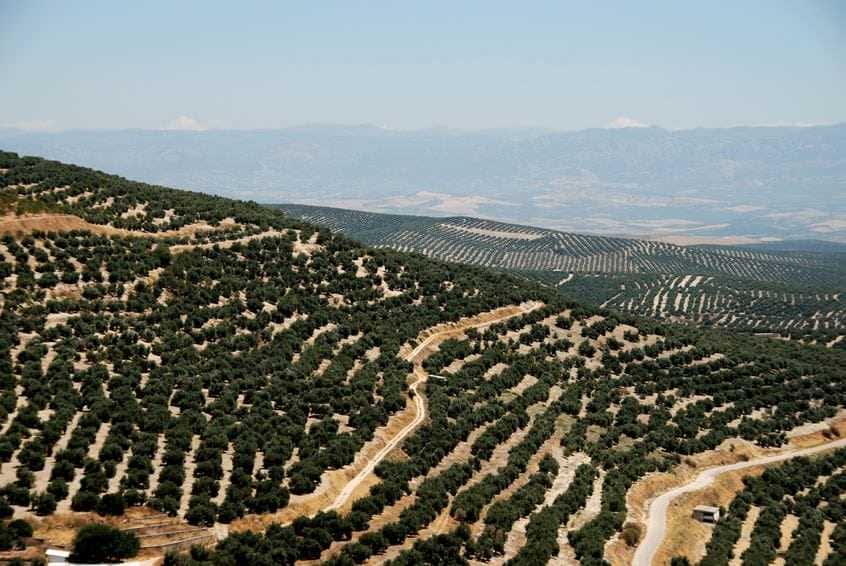
While the International Olive Council recently trimmed its estimate for world olive oil production this season from nearly 3.1 to 3.05 million tons, GEA Westfalia Separator Ibérica has upped its from 2.76 to 3.3 million tons, which would set a new record.
In 2012/13, the world produced slightly more than 2.4 million tons of olive oil, according to the IOC’s provisional figures, largely due to a disastrous year for Spanish production, which totaled just 616,000 tons.
But this season the IOC expects Spain to bounce back to nearly 1.6 million tons, which is 58,800 tons more than it forecast back in October but equal to the Andalusian regional government’s forecast of the same time, and GEA Westfalia Separator Ibérica tips 1.7 million tons, up from the 1.35 million it predicted five months ago. In the first four months of this season – October to January – Spain had already processed more than 1.2 million tons, according to the country’s Information and Food Control Agency,
The IOC said in its February newsletter it had reduced its estimates “according to the latest batch of figures received from some IOC member countries.” Apart from the increased forecast for Spain, the outlook is also for higher than initially expected output in Portugal, reaching 85,000 tons, and no change in the estimate of 450,000 tons for Italy, it said.
Lower forecasts for Greece, Turkey
Meanwhile, downward revisions apply to the projections for Greece and Turkey. Last October, Greece foresaw a steep decrease in production to a level of 230,000 tons due to the severe drought that summer; however, the latest data points to an even lower tonnage of 157,500 tons, down 56 percent on the previous season, the IOC said. In comparison, Greece’s average production for the last four crop years was 318,400 tons.
Production in Turkey is expected to total 130, 000 tons, 50,000 tons less than first estimated, while elsewhere in IOC member countries production appears to be holding to initial figures, the IOC said.
According to Olimerca, GEA Westfalia Separator Ibérica also expects increased production in Portugal, which is tipped to double its total from last season. (IOC data shows Portugal produced nearly 60,000 tons in 2012/13.) Likewise, rises are predicted for Australia. and also countries such as Chile and Morocco, “which in the last seven years have seen their production increase seven and five-fold respectively.”
Turkey is in line for a 60 percent drop in output, and Turkey and Palestine have had problems due to the phenomenon known in Spanish as vecería — a natural alternation between high and low yield harvests.







